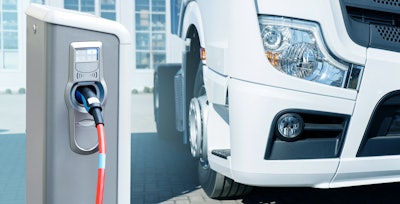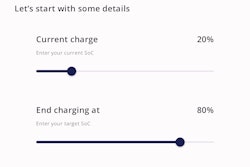
scharfsinn86 AdobeStock_420080513
While both renewable diesel (RD) and battery electric vehicle (BEV) pathways have implementation costs, a new report from American Transportation Research Institute (ATRI) concludes that relying on BEV to decrease CO2 emissions is nearly six times more expensive than using RD.
ATRI utilized the U.S. Department of Energy’s GREET Model to confirm renewable diesel as a promising solution for lowering the trucking industry’s CO2 emissions.
Key takeaways:
- When trucks using RD today are converted to BEV, there is a significant negative environmental impact.
- The report also highlights operational benefits for trucking when using RD as an alternative, as well as significant infrastructure and new vehicle cost savings.
- Overall, ATRI estimated that a transition to BEV for long-haul trucking will cost over $1 trillion in electric infrastructure and vehicle purchase costs over 15 years. However, to achieve similar CO2 benefits with RD, ATRI estimates a price tag of $203 billion, a significant cost savings for achieving the same environmental benefits. Since RD is considerably more scalable than BEV and can be deployed immediately in trucks without modifications, it is likely that CO2 benefits using RD can be achieved on a much shorter timeline than with a BEV transition.

















